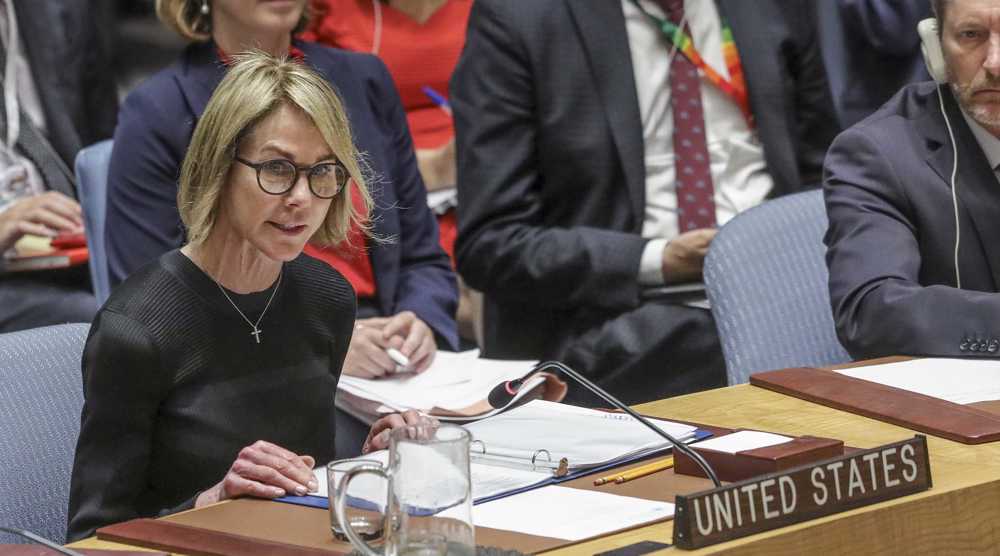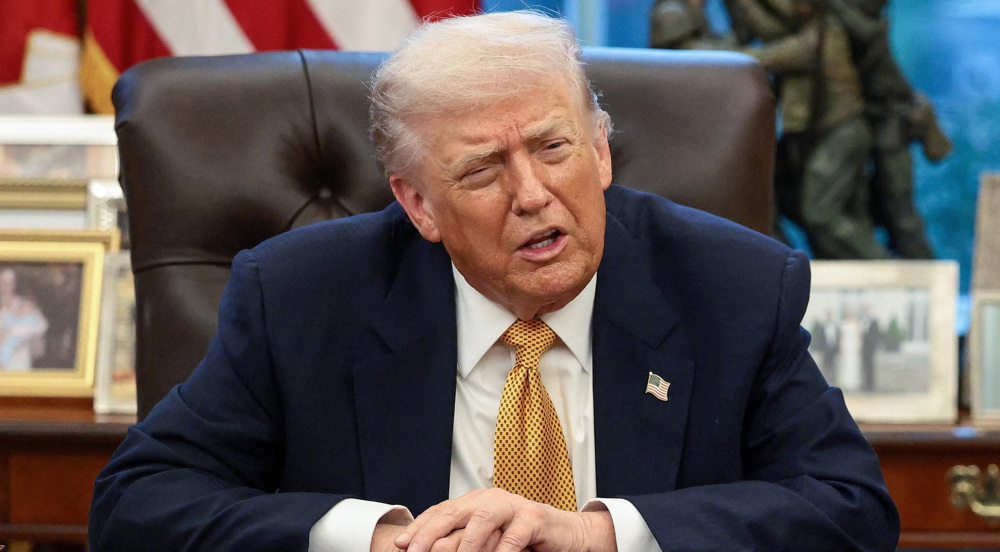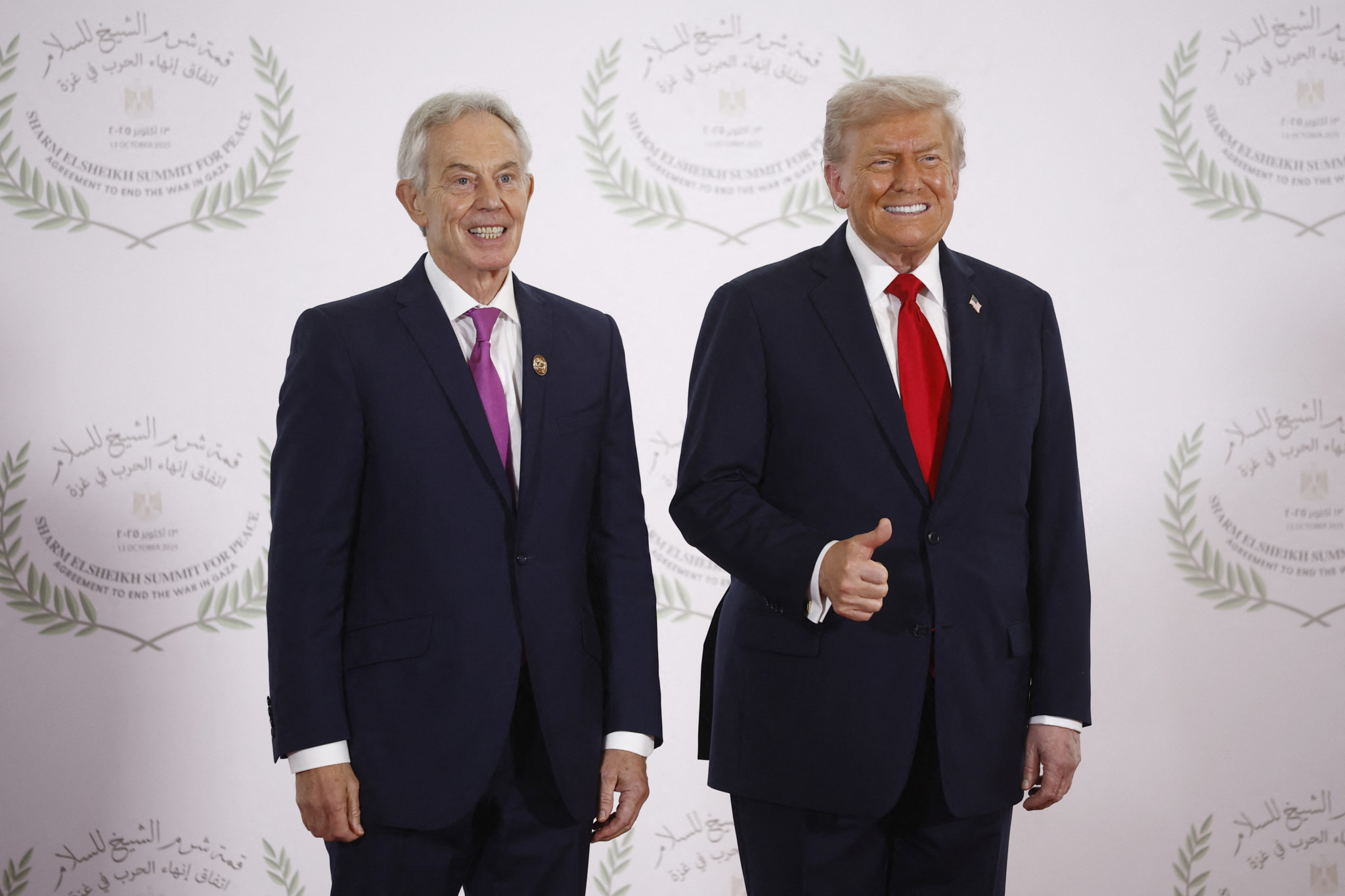US, China divisions deepen amid spat over coronavirus, Taiwan
Tensions between China and the United States keep escalating on the international stage, with representatives from the two sides trading barbs at a United Nations Security Council meeting over the coronavirus response, as well as officials from both countries confronting each other on the sensitive issue of Taiwan's sovereignty.
During a Security Council meeting on Tuesday, US Ambassador to the UN Kelly Craft called on China “to validate its claims of global leadership in combating COVID-19” by supporting “a resolution to allow the UN to combat this pandemic by delivering life-saving aid cross-border” into Syria.
China’s UN Ambassador Zhang Jun hit back by calling on Washington to focus on global efforts to fight the pandemic and “stop playing political games and really focus on saving lives and stop diverting from its own responsibilities to other countries.”
The US President Donald Trump administration has been suggesting that the coronavirus was artificially synthesized at a lab in China and that Beijing failed to act promptly when its own outbreak began late last year. China has rejected the allegations.
The tensions between the two veto-wielding powers have hampered a months-long attempt by the Security Council to agree on a resolution backing UN Secretary-General Antonio Guterres’ call for a global ceasefire so the world can focus on fighting the pandemic.
Meanwhile, the World Health Organization (WHO) on Tuesday passed a resolution on the need to investigate the global response to the coronavirus pandemic.
“We want accountability more than anyone,” Tedros Adhanom Ghebreyesus, the WHO’s director-general, said. “We will continue providing strategic leadership to co-ordinate the global response” to the pandemic.
He made no reference to a letter to the WHO by Trump in which the US president threatened to reconsider America’s membership in the international body, as well as to permanently halt funding for the WHO if it did not commit to unspecified improvements within 30 days.
Trump has called the WHO a “puppet of China.” The UN organization has praised China’s response to its outbreak, which was the world’s first.
China responds to Taiwan rejecting sovereignty, warns against US provocations
Meanwhile, tensions are simmering on a separate front. China has been outraged by Taiwan's attempts to portray itself as a sovereign state, and has also warned against US attempts at driving a wedge between China and Taiwan.
Taiwan said it would strive to actively participate in global bodies despite its failure to attend the WHO’s ministerial assembly this year.
Taipei complained that Beijing — which has sovereignty over self-ruled Taiwan — was using its influence to keep Taiwan out of international organizations such as the WHO.
Taiwan’s President Tsai Ing-wen claimed on Wednesday that the Chinese territory was an independent country, rejecting China’s sovereignty.
Taiwan cannot accept becoming part of China under its “one country, two systems” system, she said in her inauguration speech for her second and final term in office.
China responded swiftly, by dismissing the idea of an independent Taiwan and insisting that “reunification” was inevitable.
China’s Taiwan Affairs Office argued that the “one country, two systems” policy did “not leave any space for Taiwan independence separatist activities.”
“Reunification is a historical inevitability of the great rejuvenation of the Chinese nation,” it said. “We have the firm will, full confidence, and sufficient ability to defend national sovereignty and territorial integrity.”
Taiwan, backed by the US, unsuccessfully attempted to join the WHO’s assembly this year as an “observer state.”
Beijing’s relations with Taipei have particularly been strained since Tsai came to power in 2016. She has strong anti-China inclinations.
Under the “One China” policy, almost all world countries recognize Chinese sovereignty over Taiwan. The US, too, recognizes Chinese sovereignty over the island but has long courted Taipei in an attempt to counter Beijing.
On Tuesday, US Secretary of State Mike Pompeo sent congratulations to Tsai, also praising her response to the outbreak of the coronavirus in Taiwan.
China’s Foreign Ministry reacted to Pompeo's move, warning that such behavior undermined peace and stability in the Taiwan Strait as well as Beijing-Washington's relations.
The ministry in a statement on Wednesday warned of China's countermeasures and told the US to be prepared for the consequences of such acts.
IRGC intelligence dismantles MKO, monarchist terror cells in NE Iran
‘Permits of humiliation’: Israel targets Christian schools in al-Quds
Over 470 terrorists, riot ringleaders captured across Iran
UNRWA chief warns about 'record highs' of diseases in Gaza amid Israeli siege
Israeli agricultural exports face looming 'collapse' amid boycotts over Gaza genocide
VIDEO | Canadians preparing to hold more rallies in solidarity with Venezuela
VIDEO | Iranian national Mahdieh Esfandiari goes on trial for supporting Palestine
VIDEO | Italian farmers launch protest campaign against EU-Mercosur free trade deal













 This makes it easy to access the Press TV website
This makes it easy to access the Press TV website